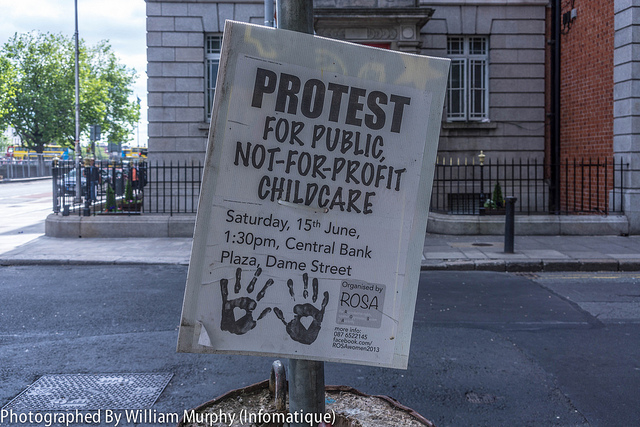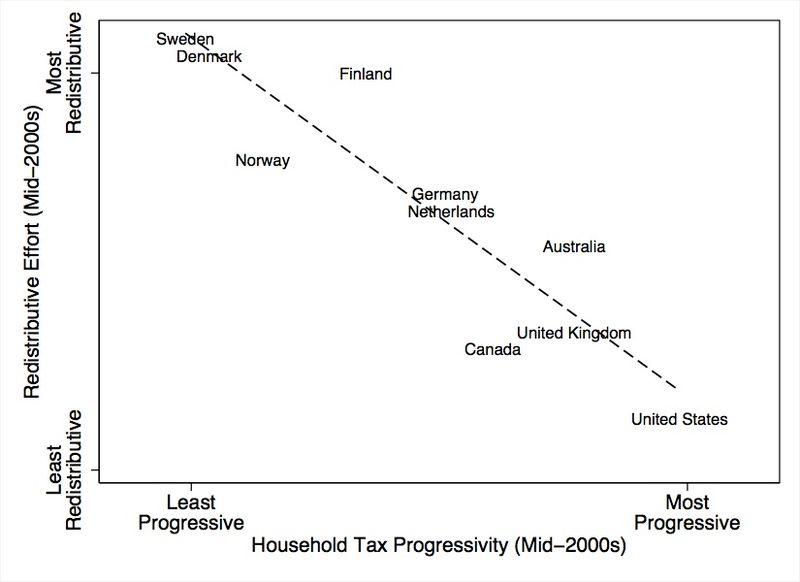Jason Kenney has long been one of Stephen Harper’s trusted lieutenants and after yesterday’s cabinet reshuffle, he is now Minister of National Defence. In Harperland, this is a decisive promotion: from the “ugh, why are we still doing this?” of Employment and Social Development to the prestigious, patriotic defence portfolio. While the Conservatives promote an image of sound economic and fiscal management, it is clear that they will attempt to frame the upcoming election in large part in terms of security and terrorism — and Jason Kenney will now be instrumental in their fear-mongering campaign.
For Kenney this is a move to a more prestigious post, one likely to be even more visible as election campaigning heats up. Yet, Kenney is perhaps best known as a dedicated believer in small government — a belief that brought him the leadership of the Canadian Taxpayers Federation before he became an MP. Yesterday, in becoming Minister of National Defense, he has inherited a portfolio where more spending is encouraged by the Conservatives.



